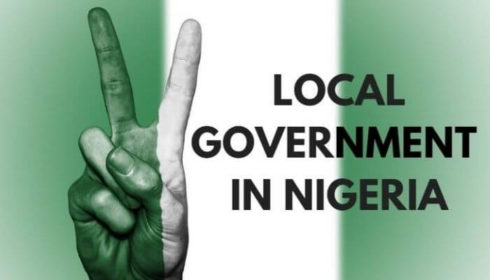The Supreme Court’s recent ruling affirming financial autonomy for local governments is a historic moment for governance at the grassroots level in Nigeria. This landmark verdict, which ends the long-standing practice of state governors controlling local government funds via joint accounts, marks a turning point in Nigeria’s political structure. For years, local governments, the third tier of government, have been deprived of their rightful financial resources, hampering their ability to serve the people effectively.
This ruling restores local governments’ financial independence, enabling them to make autonomous decisions on issues affecting the livelihoods of millions of Nigerians. By removing the excessive control state governors have traditionally had over local government funds, this decision is expected to enhance service delivery and promote transparency. The verdict not only improves governance but also reignites hope for genuine grassroots development.
Impact on Local Government and Electoral Processes
The Supreme Court’s decision will likely revolutionize local governance by fostering transparency and accountability, particularly in the management of federal allocations. A more immediate outcome will be the strengthening of local electoral processes, enabling credible leadership to emerge from within communities. One such example is the recent innovation seen in Offa Local Government, where debate programs for chairmanship candidates were introduced. These debates have provided a platform for candidates to present their manifestos and address the concerns of the electorate, a departure from the opaque processes of the past.
This approach to engaging voters is a political milestone, setting a new standard for local elections in Nigeria. With financial autonomy now in place, local governments can deliver on the campaign promises made during these debates, enhancing citizens’ trust in their leaders. This trend of open debate and electoral engagement is expected to expand across other local governments, ensuring that credible, community-oriented leadership becomes the norm.
The Path Forward: Enhancing Grassroots Governance
Although the Supreme Court ruling is a positive step, its true impact will depend on how well local governments utilize their newfound financial freedom. Local governments are uniquely positioned to address community-specific issues such as education, healthcare, and infrastructure. With control over their budgets, local leaders now have the opportunity to drive meaningful reforms and improve the standard of living for their constituents.
However, the transition to financial independence will require strong leadership. governments must ensure that the leaders elected into office have the competence and vision to manage resources effectively. Initiatives like the Offa Local Government debate program demonstrate how accountability and transparency can shape better governance. Moving forward, reforms should be institutionalized across the country to promote civic engagement and secure the credibility of grassroots governance. With these changes, local governments can fulfill their constitutional mandate and ensure their policies truly benefit the people.
Public Reactions and the Challenges Ahead
The introduction of debates in local elections, as seen in Offa, has been widely praised for promoting accountability and informed decision-making. Social media users have expressed support for this development, with Dele Ola commenting, “When individuals are seeking leadership positions, they should clearly outline their goals and how they intend to achieve them.” Such reactions indicate growing public demand for transparent governance and meaningful engagement in local elections.
However, concerns have also been raised about how the influx of funds following financial autonomy might be managed. As one commentator, Ginger X, noted, “With autonomy and more funds, I hope it is not going to be business as usual.” These concerns reflect the broader fear that local governments may misuse funds if there is no proper oversight. While the public remains optimistic about the potential for reform, it is clear that vigilance will be needed to ensure that local governments use their newfound autonomy to serve their communities effectively and avoid the pitfalls of corruption that have plagued governance in the past.
Table of Contents
Discover more from OGM News NG
Subscribe to get the latest posts sent to your email.














